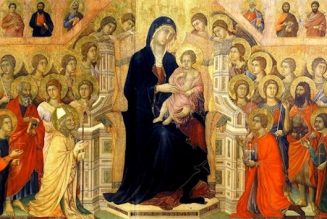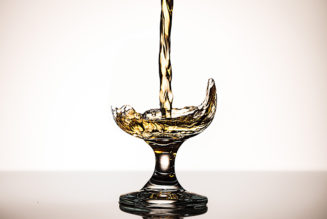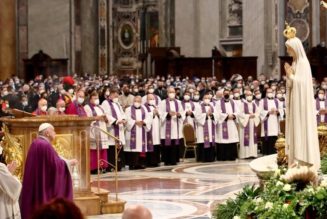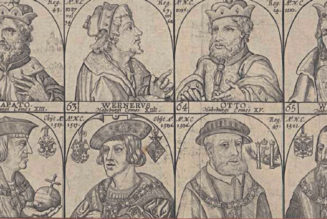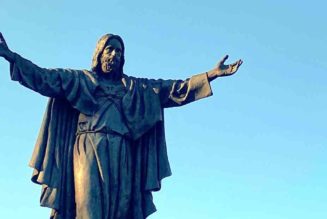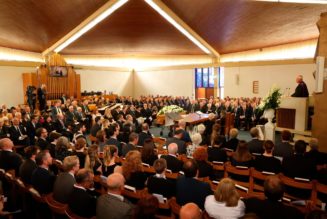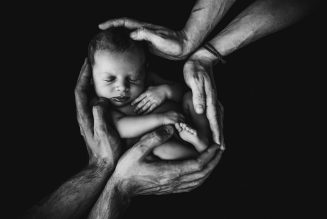|
Listen to this story: |
ROME – By the time he marked a decade at the pinnacle of power, it was clear that under this maverick leader, nothing would ever be the same. His openness, his passion for reform, his electric sense of possibility, had captured the imagination of the world and propelled the institution he leads into uncharted waters.
It was equally clear, however, that this mesmerizing leader may have let loose energies that ultimately he won’t be able to control.


Despite his tremendous popularity abroad, the leader faces a determined core of domestic opposition from both the right and the left, leaving his own institution lacerated, polarized, and increasingly fragile. A decade of previously unthinkable change has shattered old certainties, creating a context in which almost anything seems possible — including outcomes the man at the top neither intended nor desired.
That could easily be a description of Pope Francis right now, as he marks the 10-year anniversary of his election to the Throne of Peter. In fact, however, it’s a characterization of Soviet Premier Mikhail Gorbachev in early 1991, just before the Soviet Empire over which he’d presided, and which he’d desperately tried to renew from within, fell apart.

Today, it seems clear that Pope Francis has a “Gorbachev problem” – enormous acclaim outside the Catholic Church, but increasingly brazen opposition from within. Also like Gorbachev, Francis’s foes come both from a traditionalist right unhappy with his progressive agenda, and an impatient left increasingly hungry for actual revolution rather than mere reform.
After spending a few years as the effective power behind the throne under ailing premiers Yuri Andropov and Konstantin Chernenko, Gorbachev took over the top spot himself in the mid-1980s and swiftly launched his signature policies of glasnost, meaning “openness,” meaning freedom of speech, of the press, of political dissent, and perestroika, or “restructuring,” seeking to decentralize decision-making to improve its efficiency.
The suave, reform-minded Gorbachev quickly became a global sensation, and gave hope that an institution which previously had seemed stuck in time actually was capable of real change.

The parallels with Pope Francis seem obvious.
Francis, too, has promoted an ecclesiastical version of glasnost, lifting old taboos and encouraging robust debate on previously closed questions, from outreach to gays and lesbians to the role of women in the church, married clergy, and matters beyond. He too has also launched a program of decentralization, which now goes under the buzzword of “synodality.”
After taking the reins, Gorbachev signaled a strong break with the past by openly reversing some of the positions of his predecessors. He freed dissidents such as Andrei Sakharov, rejected the “Brezhnev doctrine” that justified Soviet military incursions into satellite states and pulled Soviet troops out of Afghanistan.
In a similar spirit, Francis rehabilitated figures marginalized under previous popes (such as Cardinals Walter Kasper Oscar Rodriguez Maradiaga) and reversed the church’s course on matters such as communion for divorced and civilly remarried Catholics and the Latin Mass.
Looking back, it’s clear what Gorbachev intended to accomplish: He wanted to revive what he saw as the original promise of the Soviet system, its twin commitments to social justice and global solidarity, in the conviction that freed from its pretensions of command and control, that vision would be strong enough to sustain a new and better future for the Soviet institutional apparatus.
In the end, of course, that’s not how things played out.
Instead, right-wing elements led by the so-called “Gang of Eight” attempted to lead an anti-Gorbachev coup in August 1991. The failure of that effort emboldened the liberals, who were impatient with the pace of change; led by Boris Yeltsin, they essentially engineered a series of events that led swiftly to the transition to a confederation of independent states, marking the effective end of the Soviet era.
Until his death last year, Gorbachev always maintained that had his vision of a renewed Soviet system prevailed, Russia would have the economic implosion of the immediate post-Communist era as well as the return to authoritarianism and the pretensions of empire under Vladimir Putin. He acknowledged, however, that he initiated a landslide he simply couldn’t control.
The question now is whether that, too, will be Francis’s fate, or whether he can succeed in keeping the genie in the bottle.
Like Gorbachev before him, Francis faces a strong right wing inside his own system, including a large swath of the middle managers he depends upon to govern, which fears things are going too far. While they’re unlikely to attempt an actual coup, they’re certainly inclined to resistance, either active or passive, to much of the pope’s agenda.
In the meantime, he also faces a growing cohort of liberals unwilling to wait for permission to implement even more sweeping reforms, perhaps most pointedly right now in portions of Western Europe such as Germany and Belgium. The recent vote by the German bishops to authorize blessings of same-sex unions, in open defiance of Vatican directives, is eerily reminscent of the 1990 elections for the Russian Supreme Soviet, when it became clear that Yeltsin and the other liberals would press ahead with their agenda regardless of Gorbachev’s calls for restraint.
Granted, the Catholic Church has a staying power that vastly outstrips the USSR. The Soviets endured less than 70 years; Catholicism has been around for more than 2,000. No matter how much the contradictions under Francis may be heightened, the church he leads is deeply unlikely simply to dissolve.
Nevertheless, the question remains: Can the moderate reform sketched by Francis endure, or will the centrifugal energies of a deeply polarized era prove so intense that a rupture is inevitable?
In other words, is Francis destined to follow the Gorbachev script to the very end – to drink this bitter cup to the dregs, in the language of the Psalms? Or, given the comparatively greater resilience of Catholicism and Francis’s own opportunity to learn from experience, can he succeed where Gorbachev failed, leaving behind a revitalized institution ready to face its challenges with new energy and sense of purpose?
It’s too early to say, but we can at least phrase things this way for Francis at the ten-year mark: For the rest of his papacy, the drama is whether he’ll end up as the Gorbachev of history, or the Gorbachev of a parallel universe in which things actually turned out as planned.
